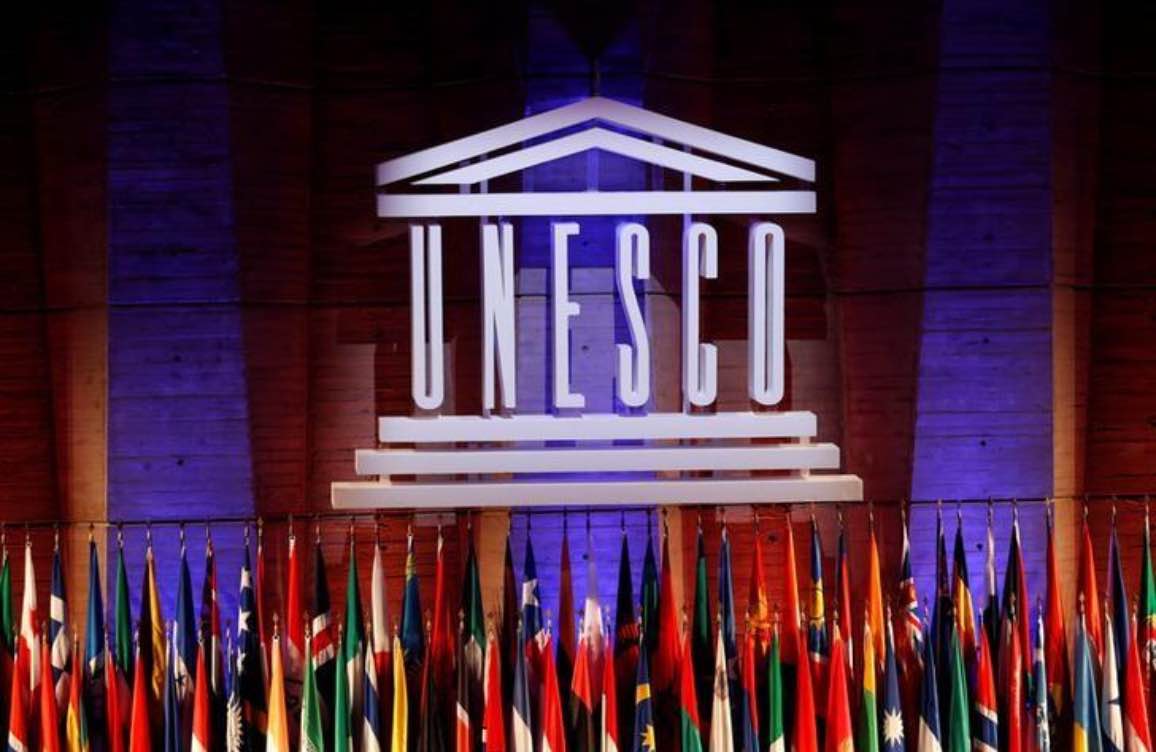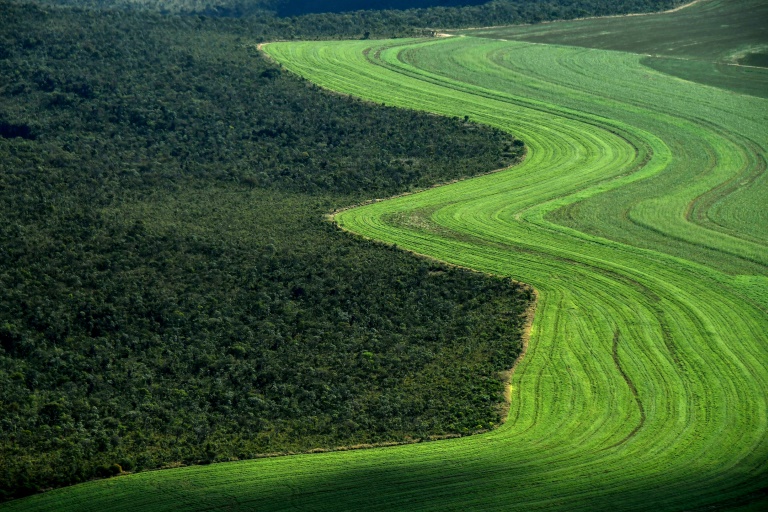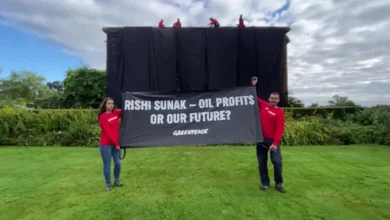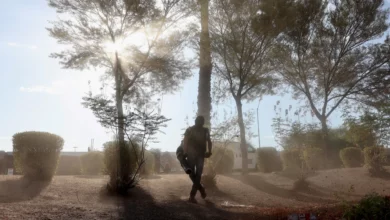Studies recently released by a team of environmental experts, and endorsed by the Intergovernmental Panel on Climate Change (IPCC), have shown that refusing to address the issues of climate change in Egypt within the next 10 to 25 years will incur economic losses from the Egyptian economy of up to LE180 billion.
Though the researchers included energy experts, sociologists and economists, it was initially headed by Mahmoud Medani, an Egyptian expert on climate change and agriculture. Medani was part of the IPCC team that published the Fourth Assessment Report: Climate Change 2007, which shared the Nobel Prize with Al Gore in 2007.
Al-Masry Al-Youm: What was the study based on?
Mahmoud Medani: Basically the IPCC asked myself and a team of experts to perform a comprehensive study in January that would look at climate change economically from both the adaptation and non-adaption perspectives. The results we achieved showed that not adapting to climate change would cost the Egyptian economy up to LE180 billion, a figure estimated over the next 25 years.
Al-Masry: How did you come up with such a figure?
Medani: Well, you have to understand that the way these numbers are produced is very complex, which is often a huge part of the problem in addressing them. Firstly we say 25 years, but different dynamics in the equation have different life spans. Some things will incur costs next year, some others in 50 years.
But basically, if you look at climate change, the rise in temperatures and global water levels, you’ll find that many damages will occur directly. These include unusable land and flooding, particularly surrounding the Delta, which leads to a severely damaged agriculture sector as well as the creation of environmental refugees, resulting in population displacement from destroyed land.
Damages to the agriculture sector will incur losses of about LE3 billion per year if we keep business as usual, in comparison to addressing it now. But business as usual is going down the drain, because resources are depleting and the population is growing extensively. So you have to look at everything else that climate change and this damage will also be intertwined with, such as the increased demand on power that creates further emissions, or expensive alternative solutions, combined with the increasing population and the potential environmental refugees and what we are going to do with them – which then in turn creates more pressure on land and water. Even tourism will be affected by altered salinity levels in the beaches. The effects just snowball and compound, which, when looked at in totality, reaches up to around LE180 billion.
Al-Masry: What will that figure imply?
Medani: It implies a massive failure within the Egyptian economy, which could simply be solved with awareness and addressing the issues very gradually, but starting now. In more details, it implies heavy reliance on imports, as well as terrible living standards and loss of thousands of jobs, leading to a potential deformation of Egypt as a self-sufficient economy.
Al-Masry: You mentioned environmental refugees. Could you elaborate on that?
Medani: Well, as land becomes destroyed, people will have to be moved out of their homes. Also, millions of farmers will not be able to farm their land any longer, and so the community is going to have to find ways to relocate them and incorporate them into an already overcrowded city. People complain about the population of 80 million reaching 120 million by 2030, but no one mentioned that we’re also going to lose about 10 to 15 percent of the arable and liveable land, meaning you should place the reality of that population at about 150 million, which is almost double in less than 20 years.
Al-Masry: Why do you think these issues are not being addressed?
Medani: There are many reasons. In terms of the environmental refugee situation, look at Somalia. Nobody wants their land to be like Somalia’s, but everyone forgets that land in Somalia used to be some of the richest land in the world hundreds of years ago.
Al-Masry: But over time, the majority of its citizens have become environmental refugees.
Medani: People are exceptional at seeing others’ problems but not recognizing their own, and I think people have a hard time looking at things on a large scale over extended periods of time. Another reason is that these issues start with climate change, meaning technically it is the Ministry of Environment's problem to address. But it leaks over into agriculture, implying it’s the Minstry of Agriculture and Land Reclamation's problem. But then it also leaks over into electricity and power, meaning it’s the Ministry of Electricity’s problem. So when you try to break it down to each organization, they think that nothing is really going on, because statically the issues are not that big of a deal, but unfortunately for them, we do not live in a static world.
Al-Masry: How can some of these issues be addressed?
Medani: Aside from all the usual talk of awareness and individuals playing their part in lowering carbon emissions, which is certainly necessary, I’ve already produced many papers that provide solutions in terms of land dispossession issues and lowered crop productivity. For example, instead of throwing away money on building people’s houses higher along the Delta, we should establish new communities that would be able to absorb this refugee situation, for living and farming, immediately before it even begins. Another solution I put forward is the establishment of genetically modified crops that will be able to withstand the increase in temperatures and various resulting land conditions.
Al-Masry: Are you optimistic or pessimistic about achieving this?
Medani: I have to say I am optimistic. I basically have drawn out a few scenarios that measure Egypt’s economy in terms of self-sufficiency by the year 2030. If we do nothing, Egypt will only be 43 percent self-sufficient. If we address consumption levels and production levels through some of the approaches I mentioned, we could achieve 66 percent self-sufficiency, which is already a huge lift. If we really get serious, and address climate change dynamically and immediately, and really reorganize the agriculture sector, we could even achieve 104 percent self-sufficiency, meaning surplus, meaning a robust economy. But any optimism I have will also obviously require full cooperation of the government and the community as a whole.
Al-Masry: How do you think we can achieve that level of cooperation?
Medani: I think with the recent revolution, we have a big opportunity to make these changes. In terms of agriculture, there has to be three players, the consumer, the producers (farmers) and the government. Previously, with the old regime, they operated a two-player scheme, ignoring the producers’ needs by importing goods and subsidizing foods for the consumers. However, if things revolutionize, and we end up with a functioning democracy, hopefully we can finally implement a three player scheme, fully functioning agricultural dynamic, which will largely be about adapting to climate changes effects, both direct and indirect, throughout Egypt.




